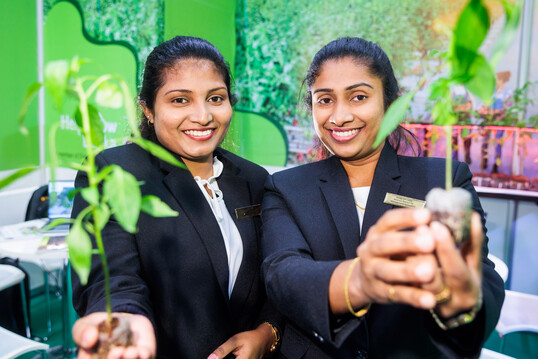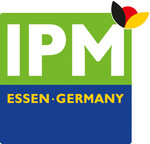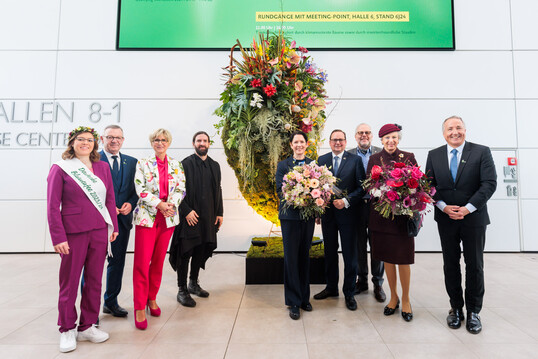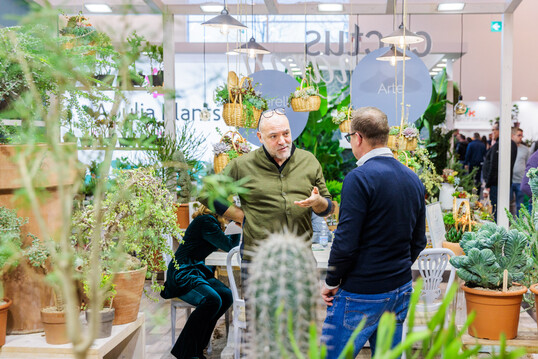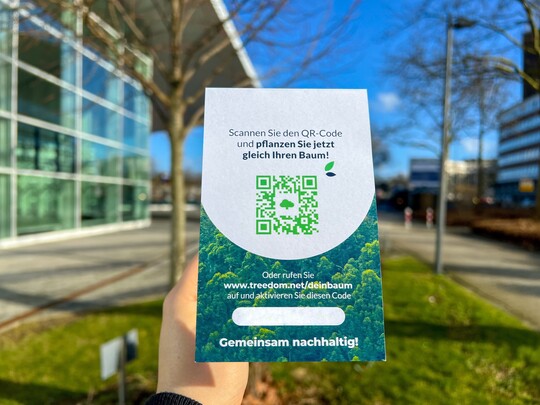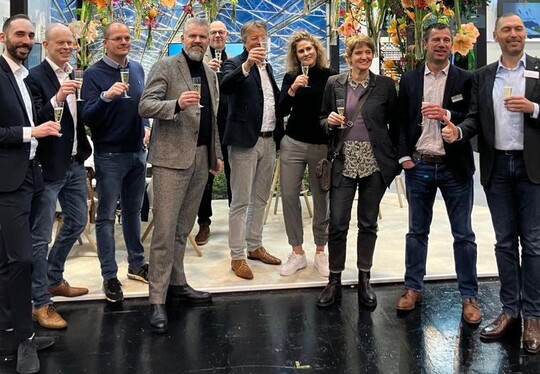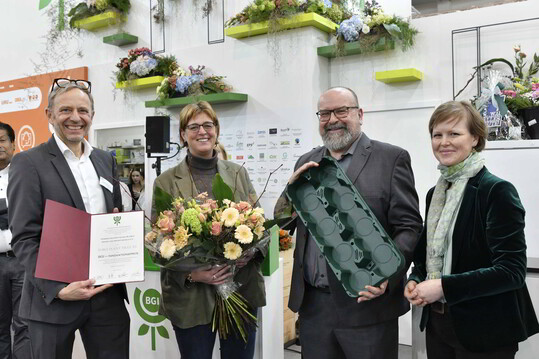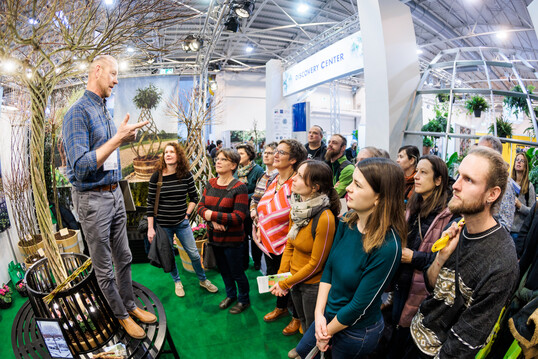Discussion panel on peat reduction
As part of the "Innovation Center Horticultural Technology" at the IPM took place on Wednesday, a panel discussion on the subject of peat reduction. Eva Kähler-Theuerkauf, Vice President of ZVG, Ulrike Wegener, Managing Director of GGS, Melanie Bank from the Chamber of Agriculture, Thomas Kramer, Spokesman of the Department of Substrates, Soils and Raw Materials at IVG, and Simon Busse from Agency for Renewable Resources exchanged views on successes, obstacles and opportunities of peat reduction.
- Published on
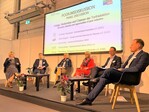
The event focused, among other things, on the current state of development of peat reduction in substrates and soils and the different challenges for horticulture and industry. All discussants agreed on one thing: It is necessary to reduce peat in substrates and replace it with renewable raw materials in order to save CO2 emissions. There was also unanimity that much has already been achieved, but that all those involved must continue to work closely together to be successful on the way forward. However, there was controversy over the speed at which peat can be reduced and the ambitious targets set by the German government to be achieved through voluntary measures. In the past, the ZVG made the recommendation to the producing horticulture sector to increasingly use peat-reduced growing media, if possible. "We adjusted our recommendation last year, but also emphasize that peat reduction depends on the availability and quality of substitute products," Eva Kähler-Theuerkauf said. "The crop safety of the farms, which also have to deal with many other problems, such as the energy crisis, is the very highest priority."
The IVG, representing substrate producers in Germany, stressed that all raw materials are needed and a change in substrate formulation also leads to a change in crop management. End customers would thus also have to adjust to potting soils that have to be handled differently than conventional soils. "Availability and quality of substrate feedstocks are the most important starting point. So is customer satisfaction and product functionality," says Thomas Kramer. "One problem: the substrate industry competes with many other industries for renewable raw materials."




